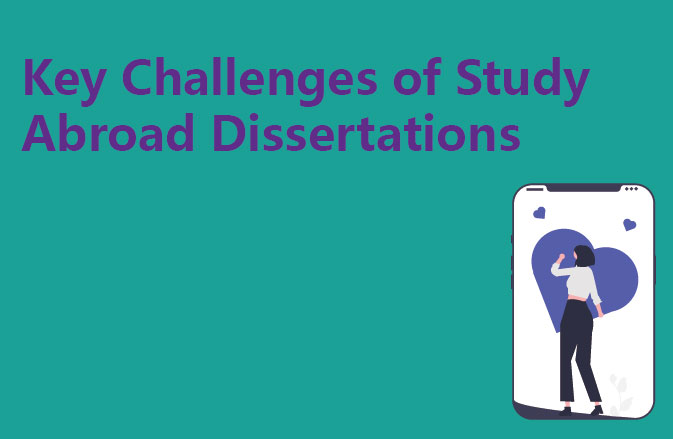A PhD thesis is a nodal work on the academic path and there are nine major challenges that students usually have to face regarding its writing. In this paper, we will analyse these issues in detail, with a view to helping you cope with the challenges in a better way.
1. Ambiguity of the problem: An overly broad or inverted and ambiguous research question may lead to the study going off track or not digging deep enough. To avoid this problem, scholars should be careful in defining the object and purpose of the research at the beginning of writing.
2. Lack of Literature Review: Incomplete mastery of the framework or lack of comprehensive literature collection and sorting out may lead to insufficient knowledge reserve in the less severe cases, or duplication of research labour in the more severe cases. In order to effectively avoid this problem, students should repeatedly review the existing literature to ensure that they have sufficient knowledge of the relevant fields.
3. The choice of methodology is trivial: failure to choose or plan the research methodology properly, as well as insufficient preparation in data collection, may undermine the credibility of the research results. Therefore, a clear strategy should be set out and prepared at the research design stage.
4. Errors in data processing: Any mistakes in the analysis process will affect the whole body and directly increase the errors in research inferences. Adhering to a rigorous scientific attitude and paying attention to data validation and proofreading will be the principles that scholars must follow when dealing with such problems.
5. Confusing article structure: the lack of a rigorous framework and clear logic makes it easy to make the readings raw and difficult to understand. Therefore, it is important to establish a clear and progressive article structure.
6. Lengthy: Exceeding the prescribed word limit is often seen as a sign of a poorly polished text. Scholars should endeavour to be concise and ensure that key messages are conveyed accurately.
7. Flawed formatting of references: Failure to record and cite references in a standardised manner, including omissions such as these, is likely to undermine the rigour of academic writing. It should be the tutor’s responsibility to instruct students on proper citation and reference rules when drafting a thesis.
8. Poor language presentation: Mistakes in spelling, grammar and even sentence structure in writing can create obstacles for the reader. Selection of appropriate vocabulary and sentence patterns is an effective way to minimise such problems.
9. Insufficient depth: Failure to explore and analyse the issue at a deeper level will easily lead to an article that floats on paper and lacks due academic value. Dig deeper into the research topic to avoid oversimplification and loose presentation structure.
To overcome the above nine challenges, authors not only need to carefully consider every detail of the paper, but also make timely revisions and improvements to the research direction and manuscript. Regular communication and consultation with the supervisor is also necessary to overcome the difficulties and improve the academic level. If there is any doubt or confusion in the research and writing process, it is important to be bold enough to ask for guidance in order to make progress.




